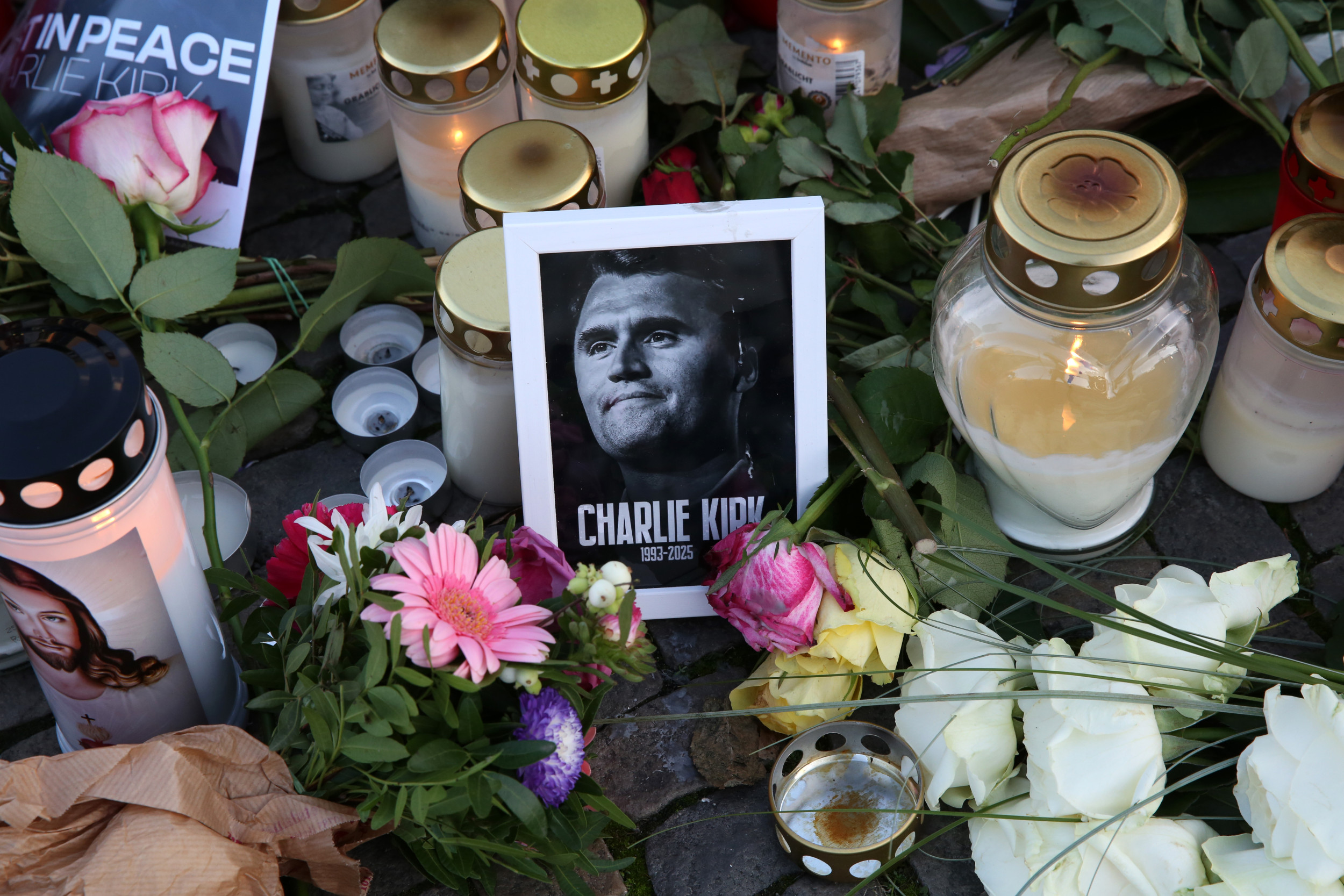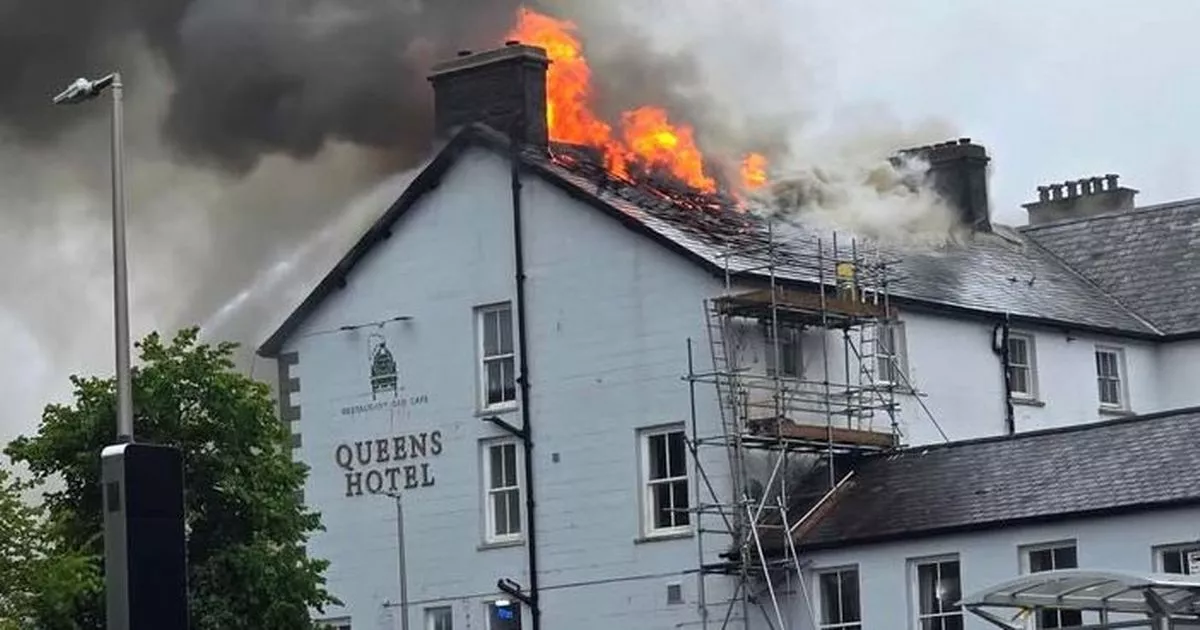By Abiodun Awolaja
Copyright tribuneonlineng

In OAU, Ile-Ife, as an undergraduate, I was familiar with this popular saying by campus politicians: “Blessed are the mugunizers but cursed are those who accept the mugunisation.” The idea, quite simply, is that anyone can approach you with a fraudulent scheme, but if you fall for it, then that’s your own cup of tea. This saying comes determinedly to mind as I ponder the so-called peace deal recently signed by local authorities and the terrorists called “bandits” in Katsina State. In Nigeria, people who bring down military aircraft, sack entire communities and feed newborns to dogs are called bandits, while those who merely insult the government are called terrorists.
Now, if you have watched footage of the so-called peace deal, you are probably feeling gutted. In that awful video, a terrorist armed to the teeth gives a speech while his men and their victims, namely members of the local communities, predictably applaud. You see, the terrorism enclave is big business, and the major actors, from the outlaws to the agents of the State who are supposed to hunt them down, aren’t about letting anyone ruin their economy. In Nigeria, unless otherwise indicated, people will do anything for money. Consider, for instance, the Kano drug syndicate which recently affixed the names of innocent, Saudi Arabia-bound travelers to bags loaded with narcotics, throwing the travelers into the jaws of death by hanging as it were. The way the so-called counter-terrorism business is structured, Nigerians will still be hearing talk about kinetic and non-kinetic warfare in 200 years. Thankfully, though, a radical shift is in the offing.
Terrorism in Nigeria supposedly requires a multifaceted approach that involves government agencies, security forces, community engagement, and international cooperation. Nigeria’s National Counter-Terrorism Strategy emphasizes interagency coordination and collaboration among security agencies. The point is stressed that engaging communities, civil society organizations and the private sector is crucial for building trust, promoting social cohesion, and countering extremist narratives, and that international support is also indispensable. Officialdom stresses the importance of counter-narratives, strategic communication and gender inclusivity in building community resistance to extremist ideologies. It also mentions operationalizing an ECOWAS Standby Force and harmonizing legal frameworks to combat transnational terrorism. To make these measures work, it calls for stronger borders, and measures to address poverty and unemployment. In fact, Nigeria has something called the revised National Counter-Terrorism Strategy for 2025, which harps on strengthened interagency coordination and community engagement.
But all of this is mere talk. Sani Abacha, if he may be resurrected for a moment, was clinical in his observation that any insurgency lasting beyond 24 hours has governmental involvement. The underlying wisdom, not the mere text, is hard to counter. If there was a real threat to Nigeria’s political industry—and I am not talking of knee-jerk reactions and uprisings such as the recent Nepalese violence—the terrorism that hobbles the land would long have been tamed. By their conduct, you can easily tell that Nigeria’s political leaders are extremely comfortable—in fact, having a swell time at the expense of the populace. What’s so difficult in giving a speech after entire communities have been razed by merchants of destruction, and going back to the embrace of women and wine?
Apparently, the “bandits” who abducted 43 worshippers from a mosque in Gidan Turbe and kidnapped 12 persons in Godai village, both in Zamfara State, did not get the peace memo from Katsina. Ask Bello Turji, Ado Aliero, Dogo Gide, Dan Isuhu or Black, the devils who wield the power of life and death in Nigeria’s troubled North. It cannot be a coincidence that Isiya Kwashen Garwa, a notorious bandit leader recently declared wanted by the Defence Headquarters, played a lead role in the Katsina peace talks. But like Cyrian Ekwensi shows in his novel of that title, you may have survived a war but it is a daunting task to survive the peace. The peace that the bandits of Katsina preach does not require them to give up their arms or stop their rapes and massacres. It only requires them to offer consolatory words to communities supplicating for a moment of respite at their glorious feet. You remember that King Henry IV of Germany, clad in a coarse garment of penitence, spent three days in biting snow before Pope Gregory VII granted him absolution at the Castle of Canossa and restored his subjects to their allegiances.
Because they did not know that the peace deal they “signed” was a scam, residents of Tuge Ward in Musawa, Katsina State, have been bemoaning the attacks by their beloved Fulani bandits. They cry that the outlaws have continued to invade their villages, harass residents, and seize valuables. If by now you still protest my thesis that the deal was a scam, then consider the fact that the terrorists had sweet-talked the villagers into handing over the small quantity of arms they (villagers) had acquired in self-protection, telling them that guns were not needed in peacetime! Waka queen Salawa Abeni spotted this kind of shenanigans ages ago, singing “Alagbari sa l’oga mugun.” Gloss: The brainy one (alagbari) is master of the fool (mugun). As a matter of fact, Salawa declared with cold brutality that alagbari was going to use mugun’s money “to eat aroso (rice), to eat ofada (rice) and to do albarka!” The OAU says once again: “Blessed are the mugunisers, but cursed are those who accept the mugunization.” If you still don’t get my drift, then consider the fact that a political sagacity is not a garrulous obscurity but a symbolical jingoism. In other words, these barbarians are only being symptomatic of the inherent ills of our imperialist capitalist society of neocolonialist bourgeoisie! (Laughter).
Really, the way Nigeria works, you have to laugh instead of cry. The Nigerian Army has just announced the arrest of the notorious IPOB/ESN commander, Ifeanyi Eze Okorienta, popularly known as Gentle de Yahoo. Okorienta was smoked out of his hideout in Aku-Ihube, Okigwe, Imo State, during a joint operation conducted by troops of the 34 Artillery Brigade in collaboration with other security agencies. But there were no brigades in sight when the bandits of Katsina offered their pointless peace deal, scoffing at the authority of the Nigerian State and, like Pope Gregory, reaping the rewards of state surrender.
This word, this question of terrorism, has already neutered the answer. A thief is making daily contributions to the public thrift collector and if you ask me what is going on, I will reply with those unforgettable lines by the Itsekiri minstrel, Omawumi: “If you ask me, na who I go ask?”



